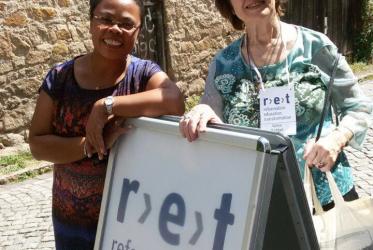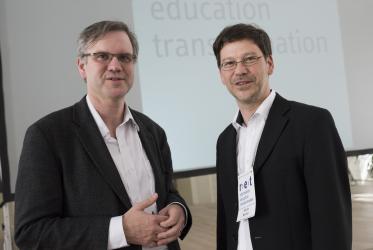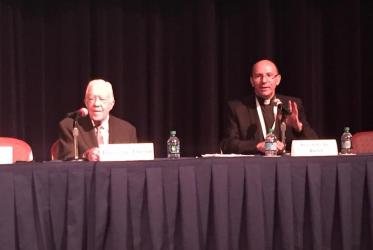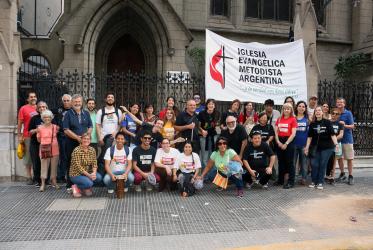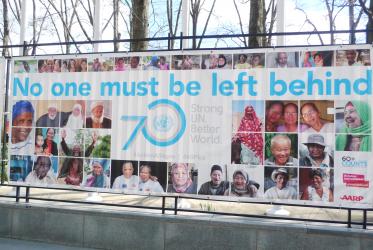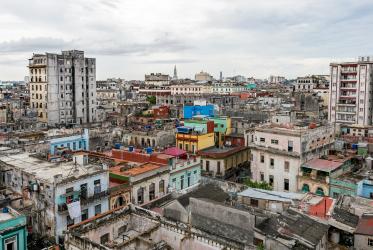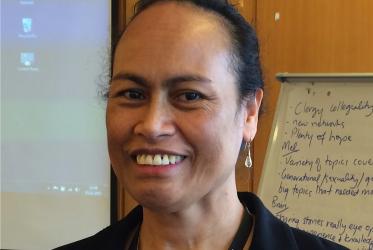Displaying 141 - 160 of 210
Churches help keep memories alive for Argentinian people
07 April 2016
International affairs facilitator reflects on pilgrimage
31 March 2016
WCC hails historic visit of US leader to Cuba
23 March 2016
Religious leaders as agents of peace in the Americas
02 March 2016
Symposium focuses on religion, violence, extremism
04 February 2016
WCC welcomes monitoring of ceasefire in Colombia
01 February 2016
Church challenge: Welcoming "strangers" in a climate of fear
18 November 2015

